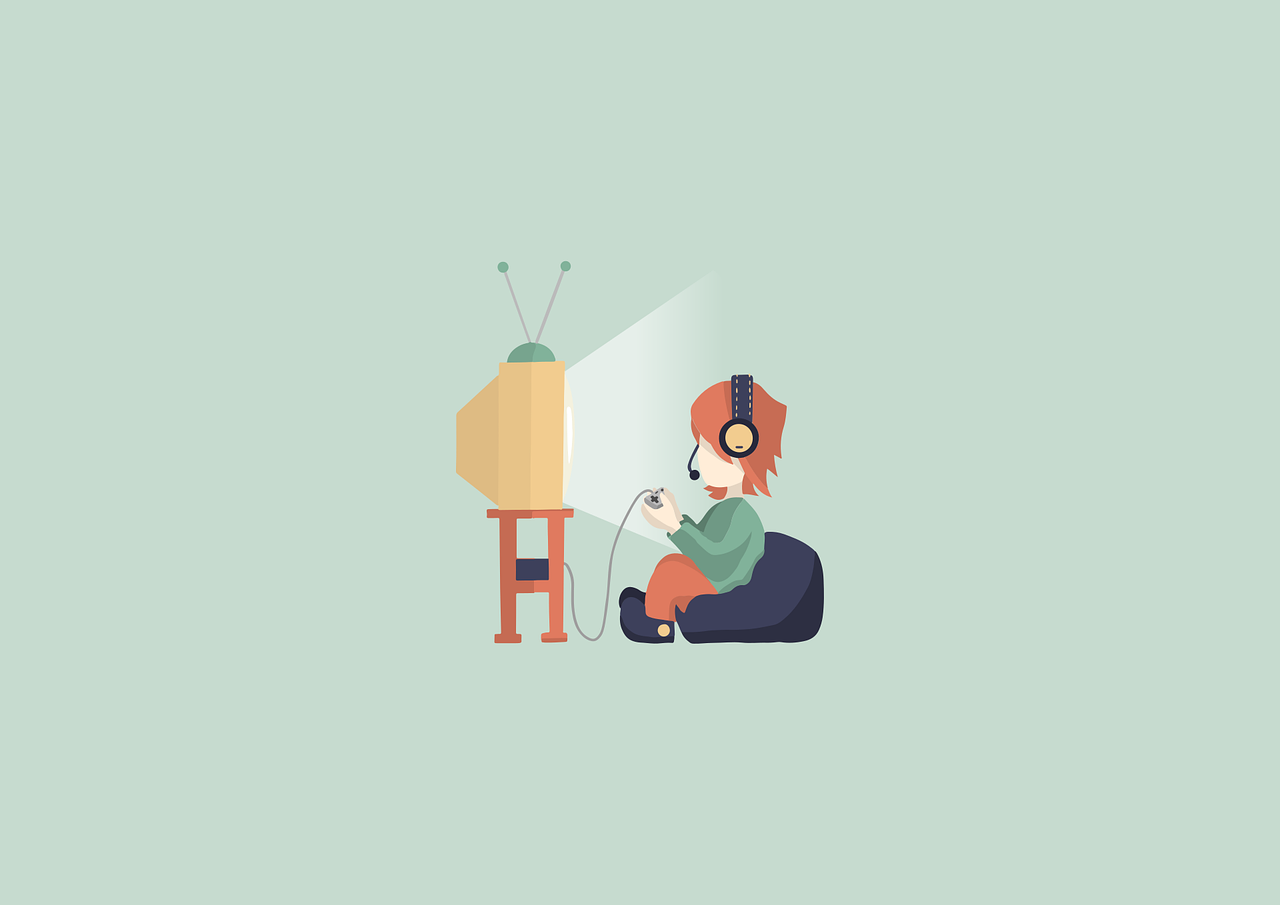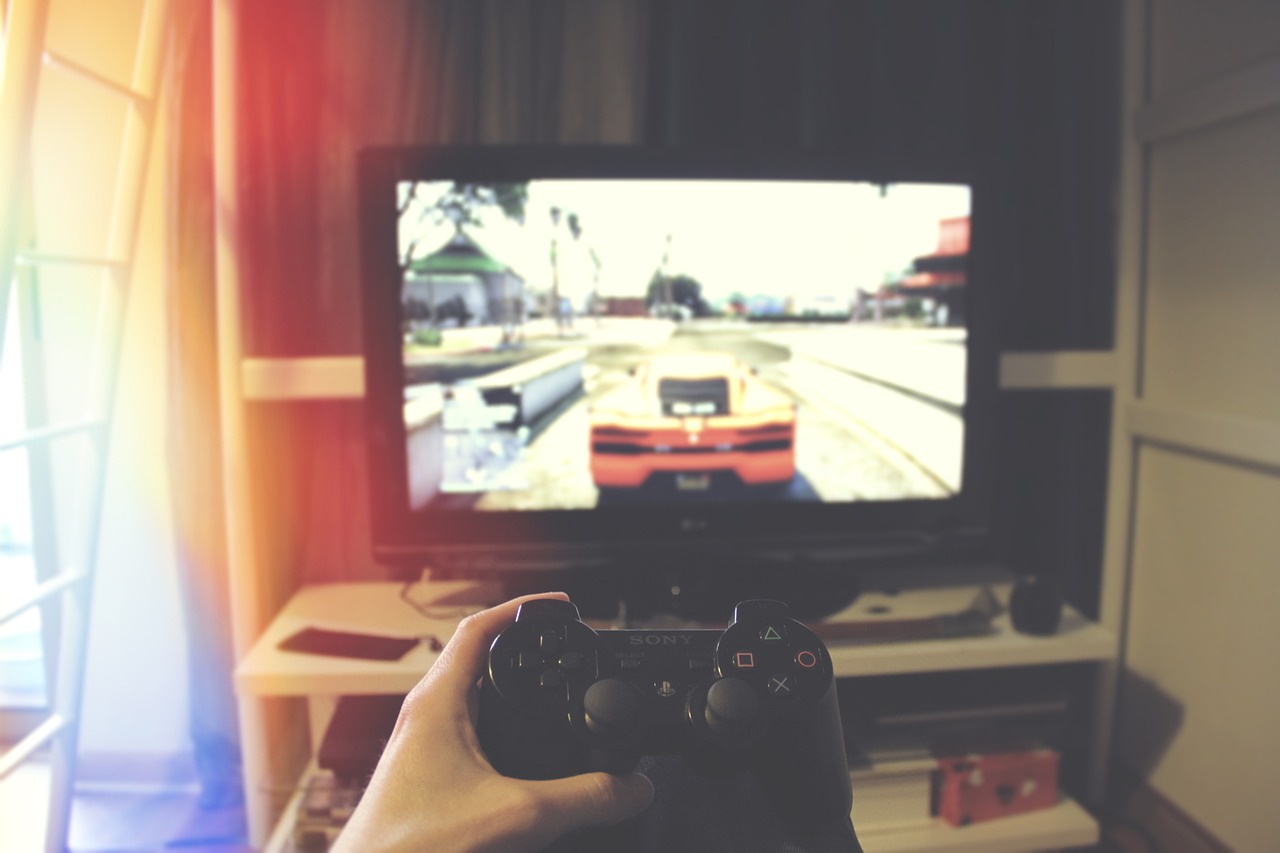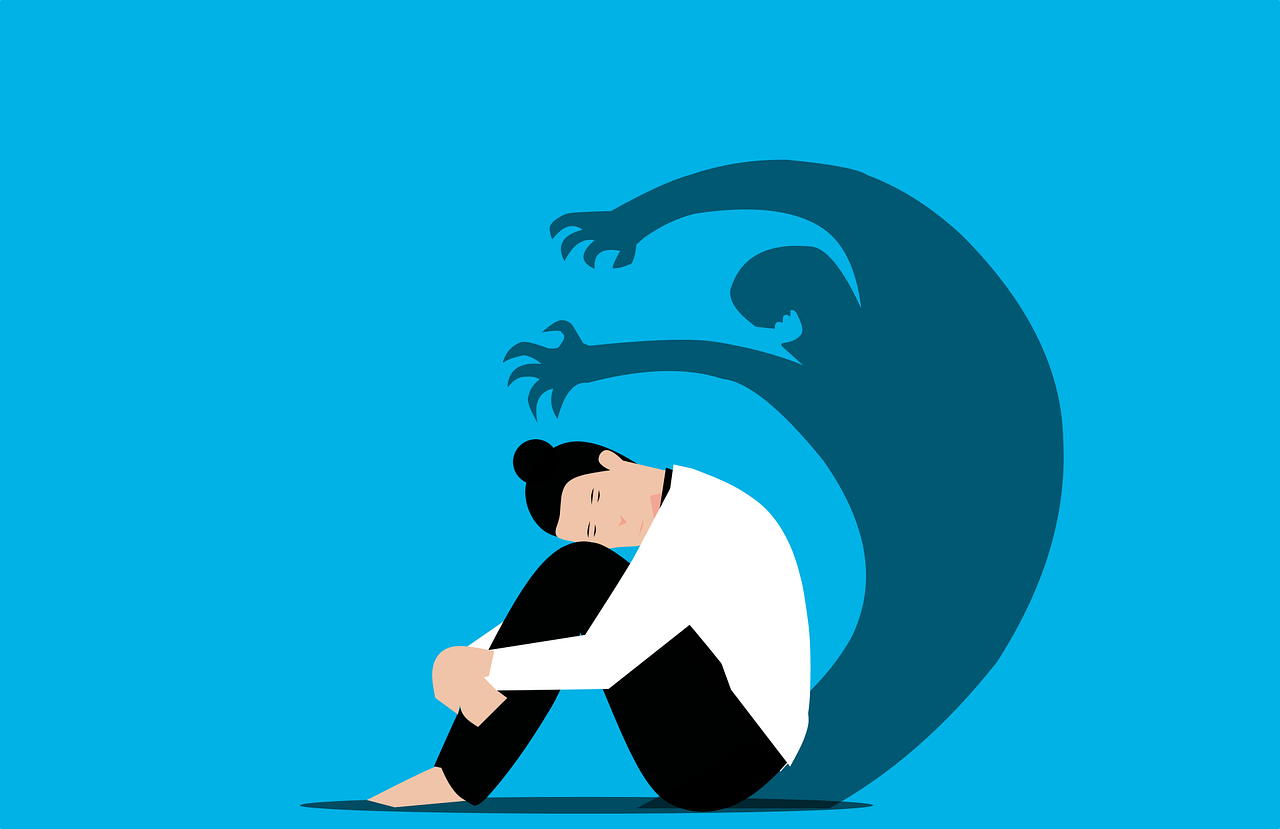Gaming has always been seen as a guilty pleasure, something that we do to escape reality and distract ourselves from the stress of everyday life. But what if I told you that your screen time might benefit your health? Yes, you read that right! Recent studies have shown that playing video games can positively impact your mental and physical well-being. From reducing stress and anxiety to improving cognitive function and motor skills, there are a variety of benefits that gaming can offer. So, if you’re a gamer feeling guilty about spending too much time in front of a screen, it’s time to embrace your hobby and discover the health benefits of gaming. This article will explore the science behind gaming and its positive effects on your mind and body. So, grab your controller and let’s dive in!
What is Gaming?
Gaming, also known as video gaming, is the act of playing electronic games on a device such as a computer, gaming console, or mobile phone. Gaming has become a popular form of entertainment and is enjoyed by people of all ages and backgrounds. The types of games vary from simple puzzle games to complex role-playing games with intricate storylines.
Video games are designed to be engaging and challenging, which is why they can be so addictive. To progress through the game, the player must use problem-solving skills, hand-eye coordination, and reaction time. As the player advances through the game, the challenges become harder, which keeps the player engaged and motivated to continue playing.
The Benefits of Gaming on Mental Health
One of the most significant benefits of gaming is its positive impact on mental health. Studies have shown that gaming can help reduce symptoms of depression, anxiety, and stress. In addition, the immersive and interactive nature of gaming can distract the mind from negative thoughts and emotions, allowing the player to relax and unwind.
Gaming also provides a sense of accomplishment and achievement, boosting self-esteem and confidence. This can be particularly beneficial for individuals with low self-esteem or confidence issues. The social aspect of gaming can also be a source of support and companionship for individuals who feel isolated or lonely.
In addition to its positive impact on mental health, gaming has been shown to improve cognitive function and motor skills.
The Benefits of Gaming on Physical Health
While gaming is often associated with a sedentary lifestyle, it can positively impact physical health. Gaming can improve hand-eye coordination and reaction time, benefiting athletes and individuals participating in sports.
Some types of games require physical activity, such as dancing or sports games, which can provide a fun and engaging way to exercise. In addition, virtual reality games can provide a full-body workout, requiring the player to move and interact with their environment.
The Benefits of Gaming on Cognitive Function
Gaming has been shown to improve cognitive function and enhance brain activity. For example, studies have found that playing video games can improve memory, attention, and decision-making skills. In addition, the problem-solving aspect of gaming requires the player to think critically and strategically, which can improve problem-solving skills in real-life situations.
Gaming can also increase brain activity in spatial navigation and visual attention areas. This can be particularly beneficial for individuals who struggle with spatial awareness or visual processing issues.
The Benefits of Gaming on Social Skills
Contrary to popular belief, gaming can actually improve social skills and promote teamwork and cooperation. Many games require players to work together to achieve a common goal, which can improve communication and collaboration skills.
Online gaming communities can also provide a sense of belonging and social support. Players can connect with others with similar interests and form friendships extending beyond the game.
The Benefits of Gaming on Stress and Anxiety
As mentioned earlier, gaming can help reduce symptoms of stress and anxiety. In addition, the immersive nature of gaming can distract the mind from negative thoughts and emotions, providing a temporary escape from the stresses of everyday life.
In addition, gaming can provide a sense of control and predictability, benefiting individuals who struggle with anxiety. The player controls their environment and can make decisions that impact the game’s outcome. This can provide a sense of empowerment and reduce feelings of helplessness and anxiety.
The Negative Impacts of Gaming
While gaming has many benefits, it’s also essential to be aware of the potential negative impacts. Gaming addiction is a real issue and can have a negative effect on mental and physical health. Therefore, it’s important to set limits on screen time and prioritise other activities, such as exercise and socialising.
In addition, some types of games can be violent or graphic, desensitising individuals to violence and aggression. Therefore, it’s important to be mindful of the games’ content and their impact on mental health and behaviour.
Tips for Healthy Gaming Habits
To enjoy the health benefits of gaming, it’s essential to establish healthy habits and set limits on screen time. Here are some tips for healthy gaming habits:
- Set limits on screen time and prioritise other activities, such as exercise and socialising.
- Choose games that are age-appropriate and have positive themes.
- Take breaks every hour and stretch or walk around to prevent eye strain and physical stiffness.
- Engage in multiplayer games to promote teamwork and cooperation.
- Avoid gaming before bed, as the blue light from screens can disrupt sleep patterns.
Conclusion
In conclusion, gaming can positively impact mental and physical health. The immersive and interactive nature of gaming can provide a sense of accomplishment and achievement, promote teamwork and cooperation, and distract the mind from negative thoughts and emotions. In addition, the cognitive benefits of gaming, including improved memory and attention, can enhance brain activity and improve problem-solving skills. However, it’s important to be aware of the potential negative impacts of gaming, such as addiction and exposure to violent content. By establishing healthy habits and setting limits on screen time, individuals can enjoy the many health benefits of gaming.



